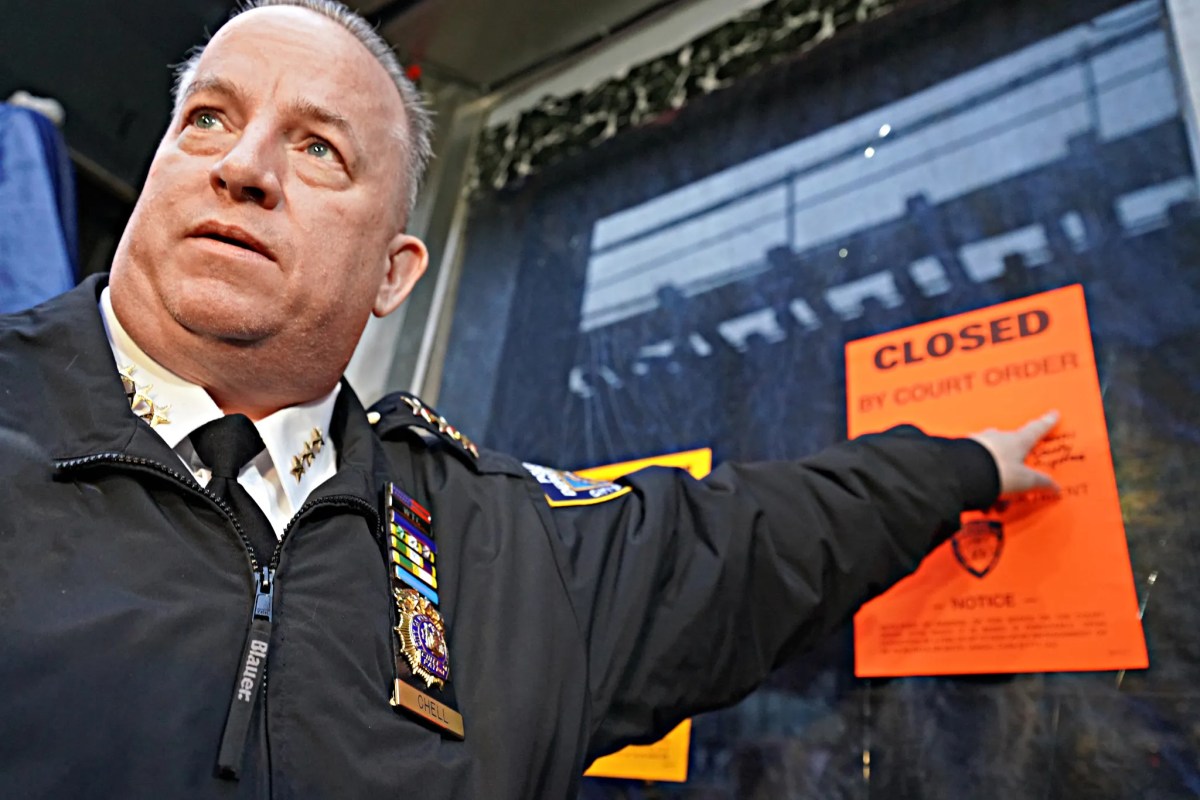WASHINGTON – Barack Obama effectively clinched the Democratic presidential nomination Tuesday, based on an Associated Press tally of convention delegates, becoming the first black candidate ever to lead his party into a fall campaign for the White House.
Campaigning on an insistent call for change, Obama outlasted former first lady Hillary Clinton in a historic race that sparked record turnout in primary after primary, yet exposed deep racial divisions within the party.
The AP tally was based on public commitments from delegates as well as more than a dozen private commitments. It also included a minimum number of delegates Obama was guaranteed even if he lost the final two primaries in South Dakota and Montana later in the day.
The 46-year-old first-term senator will face Senator John McCain of Arizona in the fall campaign to become the 44th president.
Clinton was ready to concede that her rival had amassed the delegates needed to triumph, according to officials in her campaign. These officials said the New York senator did not intend to suspend or end her candidacy in a speech Tuesday night in New York. They spoke on condition of anonymity because they had not been authorized to divulge her plans.
Obama’s triumph was fashioned on prodigious fundraising, meticulous organizing and his theme of change aimed at an electorate opposed to the Iraq war and worried about the economy – all harnessed to his own innate gifts as a campaigner.
Clinton campaigned for months as the candidate of experience, a former first lady and second-term senator ready, she said, to take over on Day One.
But after a year on the trail, Obama won the kickoff Iowa caucuses Jan. 3, and became something of an overnight political phenomenon.
“We came together as Democrats, as Republicans and independents, to stand up and say we are one nation, we are one people and our time for change has come,” he said that night in Des Moines.
A video produced by Will I. Am and built around Obama’s “Yes, we can” rallying cry quickly went viral. It drew its one millionth hit within a few days of being posted.
As the strongest female presidential candidate in history, Clinton drew large, enthusiastic audiences. Yet Obama’s were bigger still. One audience, in Dallas, famously cheered when he blew his nose on stage; a crowd of 75,000 turned out in Portland, Ore., the weekend before the state’s May 20 primary.
The former first lady countered Obama’s Iowa victory with an upset five days later in New Hampshire that set the stage for a campaign marathon as competitive as any in the last generation.
“Over the last week I listened to you, and in the process I found my own voice,” she told supporters who had saved her candidacy from an early demise.
In defeat, Obama’s aides concluded they had committed a cardinal sin of New Hampshire politics, forsaking small, intimate events in favour of speeches to large audiences inviting them to ratify Iowa’s choice.
It was not a mistake they made again – which helped explain Obama’s later outings to bowling alleys, backyard basketball hoops and American Legion halls in the heartland.
Clinton conceded nothing, memorably knocking back a shot of Crown Royal whiskey at a bar in Indiana, recalling that her grandfather had taught her to use a shotgun, and driving in a pickup to a gas station in South Bend, Ind., to emphasize her support for a summertime suspension of the federal gasoline tax.
















